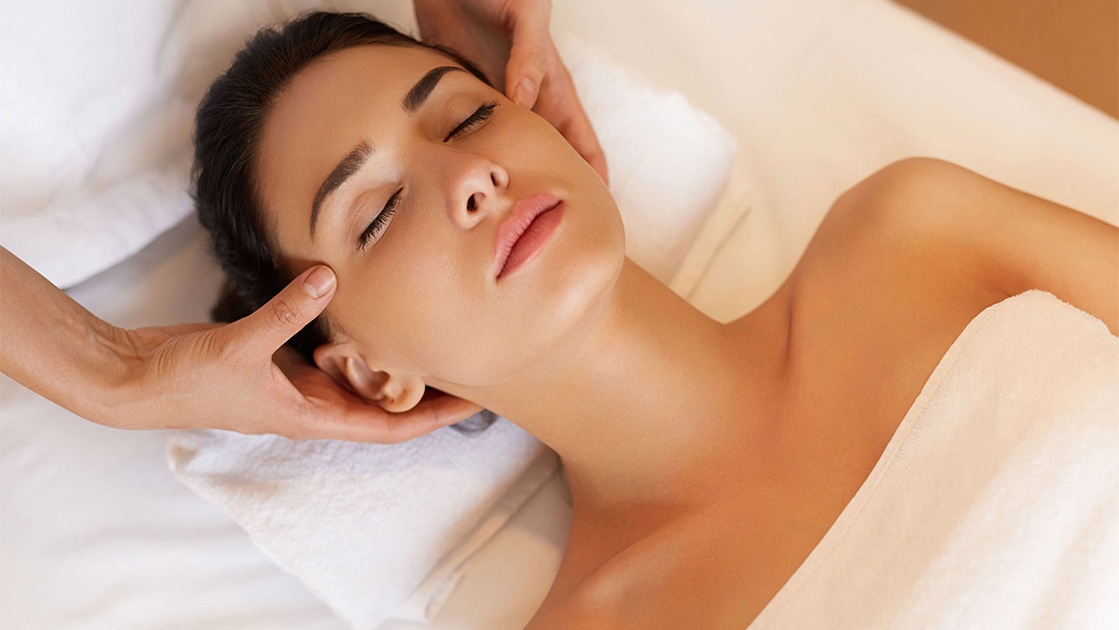Types of Migraine
Migraine headaches are of different types. The most common are Classical Migraines and Common Migraines.
Classical Migraines
Classical migraines begin with a warning sign called Aura. The Aura often involves changes in flashing lights, colours or shadows and temporary loss of vision.
Common Migraines
Common Migraines don’t start with Aura and are hence called Migraines Without Aura. Common migraines may start slowly and interfere with daily activities. The pain of common migraines on only one side of your head. Most people are affected with common migraines only.
Chronic Migraine
Chronic migraine causes triggering attacks on over 15 days of the month.
Menstrual Migraine
Menstrual Migraine attacks occur in a pattern connected during the menstrual cycle.
Hemiplegic Migraine
Hemiplegic Migraine causes faintness on one side of the body for a temporary period.
Abdominal Migraine
Abdominal Migraine is a disorder that connects migraine attacks to irregular function in the gut and abdomen. It generally affects in children under 14 years of age.
Migraine with brainstem aura
This is a rare type of migraine that can cause severe neurological symptoms, such as affected speech.
Cluster headaches
Cluster headaches are rare headaches that occur in patterns, known as cluster periods. Cluster headaches can be very painful. They generally cause pain on one side of your head.
Cervicogenic headaches
Cervicogenic headaches are caused by illness or physical condition, generally a problem in the neck. Most of the time, this type of headache can occur by a sudden movement of the neck. It occurs on one side of your head or face.
Retinal Migraine
A retinal migraine occurs due to temporary vision loss in one eye, which can last from minutes to months, but it is usually reversible. This is a more serious medical problem, and patients should seek medical care.
Vestibular migraine
Vestibular migraine is also known as migraine-associated vertigo. These symptoms affect balance and cause dizziness.
Acute migraine
Acute migraine is known as episodic migraine. People who suffer from episodic migraines have headaches up to 14 days a month.


